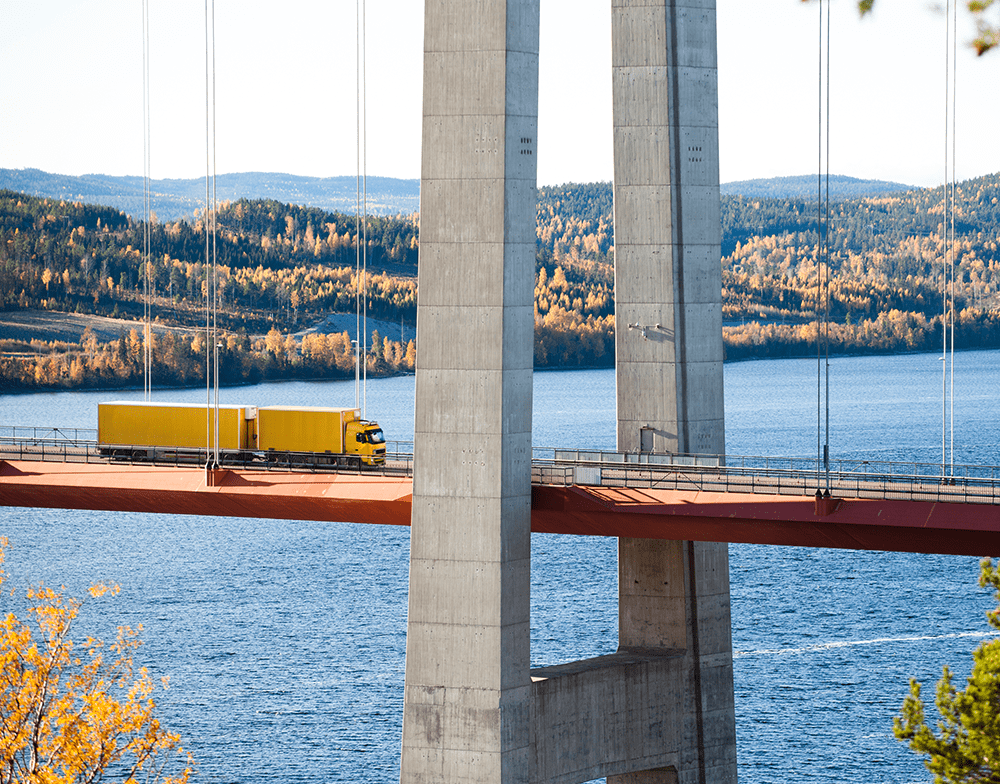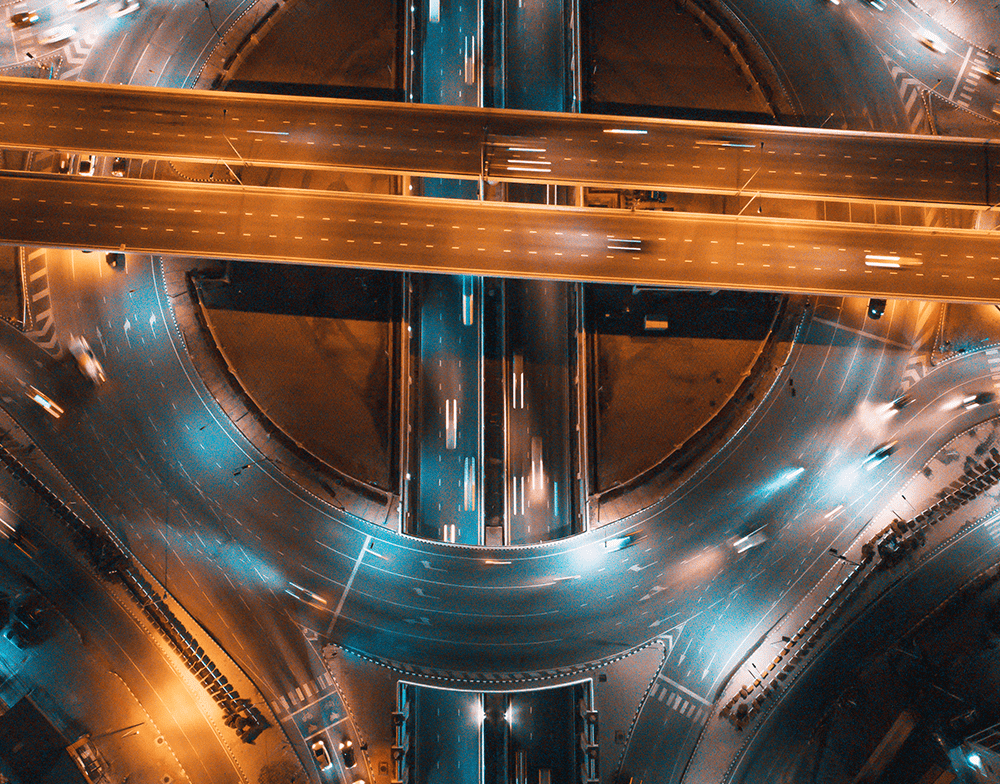Society & Planet
Companies and investments will need to both deliver competitive financial returns and help society confront its biggest challenges—and in doing so enable sustainable business. To balance these imperatives, leaders should focus on sustainable business model innovation, leading under social polarization, climate & sustainability, future of mobility, future of cities, and innovation without borders.
Sustainable Business Model InnovationView All
Learn more about how companies can reconcile sustainability and sustainable competitive advantage.
The Strategic Race to Sustainability
To get beyond the starting line, CEOs need to approach the challenges of sustainability from a strategic and value-creation perspective in terms of both the questions they ask and the answers they seek.
Nudging Consumers Toward Sustainability
Companies that empower consumers and create a societal surplus can reward shareholders, build sustainability markets, and protect the planet. It’s a win-win-win.
How to Build a High-Impact Sustainability Alliance
Corporate-led sustainability alliances can be a secret weapon in the drive to create system-level change. We discovered ten factors that separate high-impact CSAs from the rest.
Solving the Puzzle of Sustainable Resource Scarcity
As more and more companies commit to adopting climate-conscious practices, the available supply of suitable resources and infrastructure is shrinking.
Identifying Resource Scarcities in the Race to Sustainability
Sustainability commitments have skyrocketed in recent years, but there’s a growing problem. In certain sectors, the demand for sustainability-related resources will soon outstrip the supply.
The Quest for Sustainable Business Model Innovation
How can companies reconcile the two S-words of business: sustainability and sustainable competitive advantage?
Social PolarizationView All
An increasingly polarized society presents new challenges for organizations and leaders to navigate—with significant implications.
Breaking the Vicious Cycle of Corporate Entanglement
In the increasingly politicized environment, leaders face the choice of leaning into politics or having the courage of restraint by limiting engagement. We argue they should choose restraint, for the sake of business and society.
Strategy in a Hyperpolitical World
The assumption that business and politics can and even should be kept separate is no longer realistic.
Manifesto for a Moral Revolution with Jacqueline Novogratz
In her latest book, Novogratz explains that continued technological advancement and market solutions alone won’t solve the defining problems of our time, like inequality and climate change. She calls for a moral revolution to reimagine and reform technology, politics, and business.
Growing Apart
Debates around social and political issues are increasingly unavoidable, especially as social media platforms allow people to make their views public. This has increased both the pressure on business leaders to weigh in, as well as the opportunity for them to do so.
Reimagining Capitalism with Rebecca Henderson
In her new book, Rebecca Henderson, professor at Harvard Business School, argues why and how we need to reimagine capitalism if we want to solve today’s big issues.
The Case for Corporate Statesmanship
We can define corporate statesmanship as the action of a company, and in particular of its CEO, to intervene in public affairs to foster collective action in support of the common good beyond the scope of his or her enlightened self-interest.
Climate & SustainabilityView All
How can organizations become a positive force to battle some of the world’s most pressing issues—including the climate crisis?
Short-Term Solutions for Bending the Ammonia Emissions Curve
Renewable ammonia has long-term potential, but the industry can’t wait. Ammonia producers and customers can take steps to become more sustainable, starting today.
Biodiversity: The Next Arena in Sustainable Business
Here are the steps companies must take to protect against risks related to biodiversity loss today—and what they can do to benefit from new strategic opportunities arising amidst these challenges tomorrow.
How Scarcity Will Reshape Your Sustainability Strategy
Every business must identify and respond to potential shortfalls embedded in its value chains.
Will Electricity Be Free? Not When You Really Need It
As governments decarbonize their economies through renewable energy generation, volatility in electricity prices will surge. Players can use multiple levers to mitigate it—but they must act carefully to avoid damaging industrial competitiveness and increasing costs.
Will Net-Zero Get Us to Net Zero Emissions?
Net-zero is rapidly becoming the gold standard for corporate action on climate change. But can it get us to net zero emissions for the planet? In a new article, we articulate 15 limitations of net-zero commitments and review how we can build on current momentum while evolving more powerful approaches.
Net Positive with Paul Polman and Andrew Winston
This book outlines a framework to help leaders build "net positive companies" that profit by contributing more to the world than they use or take.
Ecosystems for Ecosystems
Climate change is a collective action and innovation problem, which needs to be attacked at the level of systems of companies. Digital ecosystems can help make this a reality by coordinating complex collective behavior.
Future of MobilityView All
Mass transit and private cars have long-served different needs in the urban mobility landscape. But neither is working effectively in many cities.
Putting Residents at the Heart of Urban Mobility Planning
A resident-centric city can find innovative solutions to perennial problems and improve quality of life for the people who live there.
End the Reign of Single-Occupancy Vehicles for Greater Urban Access
How can cities discourage the use of SOVs while expanding access for all residents? Start with the BCG Accessibility Index, which helps guide strategy by mapping mobility patterns across and within cities.
What Drives Drivers? How to Influence Mobility Behaviors
When choosing a way to travel from one location to another, people don’t always opt for the logical solution. In a new piece Joel Hazan, Benjamin Fassenot, Ammar A. Malik, PhD, and Joanna Moody, Ph.D. argue that public authorities and new #mobility providers need to understand how behavioral factors affect mobility decisions in order to nudge commuters toward greener and more sustainable mobility options.
Urban Mobility Urgently Needs a Unified Coalition
Solving the current mobility paradox goes far beyond transportation system performance, and efficient mobility systems are key for the social and economic development of cities and its residents.
On-Demand Transit Can Unlock Urban Mobility
These innovative services can benefit passengers and cities by improving access while reducing pollution and congestion.
Seeking Perpetual Motion with Mobility as a Service
MaaS is more than just the next potential digital bonanza for B2C players. For cities, it’s a ticket to the economic, environmental, and societal benefits of improved access.
Future of CitiesView All
How can leaders build communities that both optimize the well-being of residents and make positive contributions to the planet?
How Cities Can Win The Competition For Talent — And Residents
The time to act is now: We predict that the pillars of the global economy will coalesce around nations and cities that deliberately guide policy toward attracting and retaining top talent.
The Metaverse Will Enhance — Not Replace — Companies’ Physical Locations
The metaverse isn’t the end of cities. It should be seen as a complement to the physical world, and companies should develop their location strategies to maximize the potential of both the megacities and the new opportunities presented by the metaverse.
An Ecosystem Approach for City Governance
Ecosystems are popular in business because they foster innovation, address complexity, scale quickly, and adapt to changing environments. They can do the same for cities.
Vibrant Cities Are Built on Trust
Cities that forge trust with their residents are on the right track to a sustainable future. What does it take?
Putting Residents at the Heart of Urban Mobility Planning
A resident-centric city can find innovative solutions to perennial problems and improve quality of life for the people who live there.
Innovation Without BordersView All
In today’s global business environment, organizations can make migration a source of innovation and growth.
How Your Company Can Gain a Global Talent Advantage
Johann Harnoss discusses the advantage of global talent and how build organizational systems that welcome immigrants to your staff.
The Next Billion Workers: How can Countries Attract the Global Workforce of the Future?
The geography of global talent pools is shifting – the global population is growing and becoming more educated. Many countries that rely on migrant talent today lack crucial connections to those countries that will become future talent hubs.
A New Migration Strategy for Growth and Innovation
BCG’s Global Talent Migration Index can help countries tap the full economic potential of both immigration and emigration—and track their performance over time.
5 Key Predictions for the Future of Talent Migration
As migration accelerates and work is decoupled from place, cities must recruit for the economy they want, not the economy they have.
When Innovation Has No Borders, Culture Is Key
Many companies aspire to global diversity, but only a few achieve it. Here’s how leading organizations overcome cultural obstacles to build globally diverse teams.
The CEO Agenda for an Era of Innovation Without Borders
There is now a window of opportunity to build bridges for skilled global talent that would ignite innovative growth. It’s not politicians but business leaders who hold the keys to make this happen.
Building a Globally Diverse Team Is Actually Getting Easier
We suggest five tactics for leaders to build globally diverse teams that drive innovation.
Innovation Without Borders – The Power of Human Migration in the 21st Century
People who cross borders create vast global networks that generate enormous opportunities, in terms of both economic value and human values. It’s time to explore this immense potential.







































